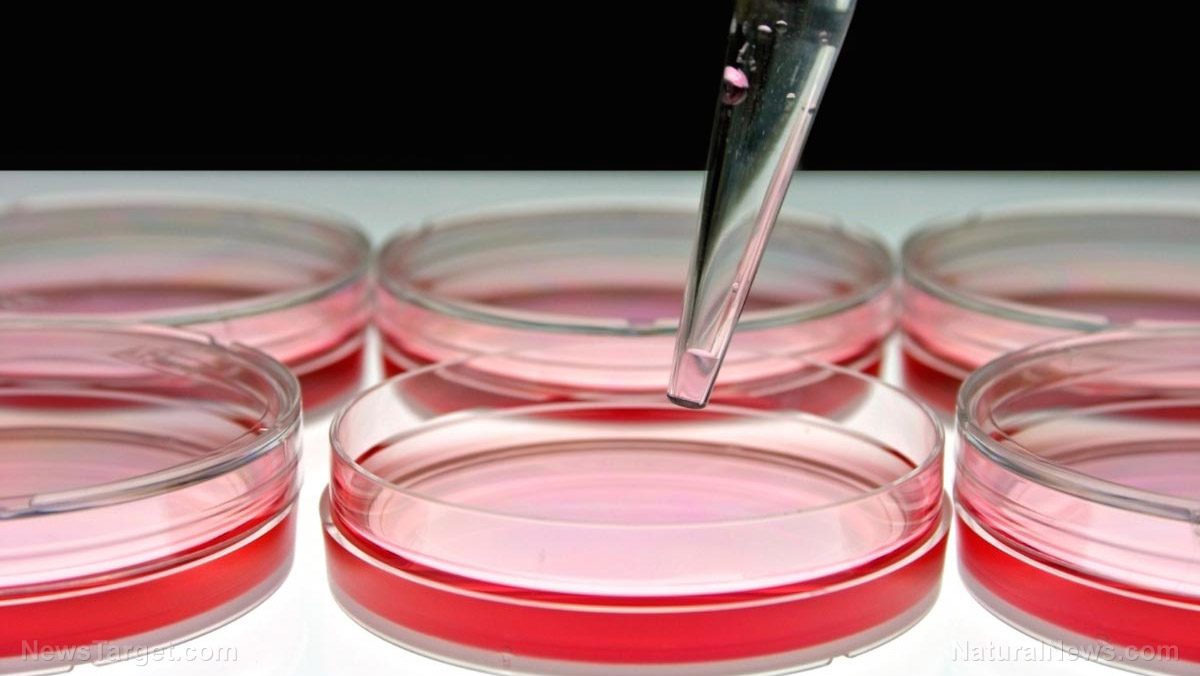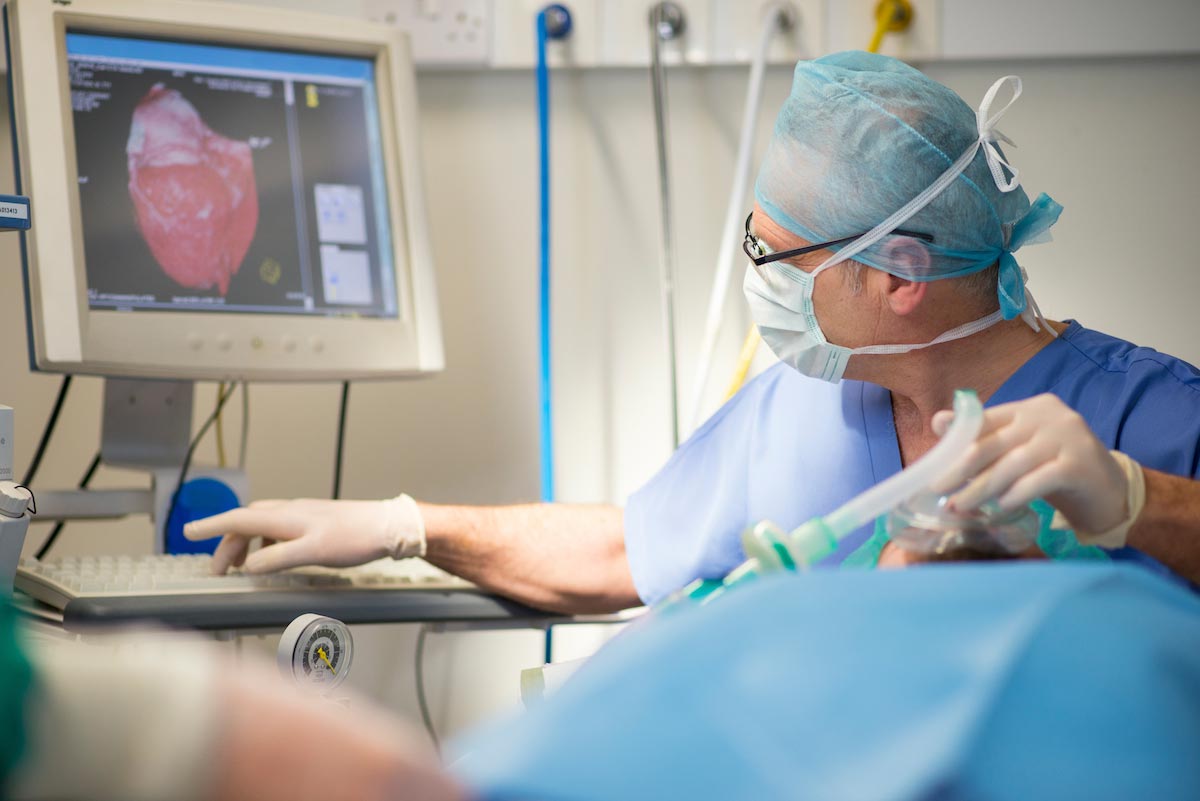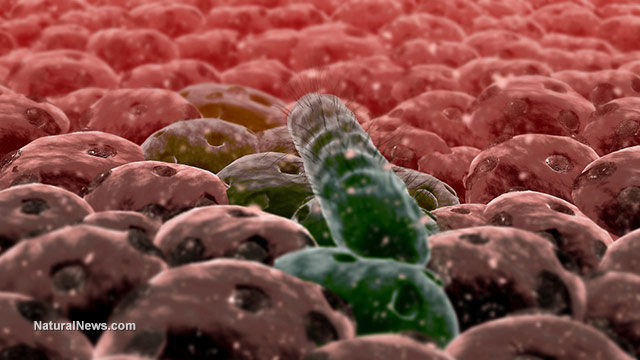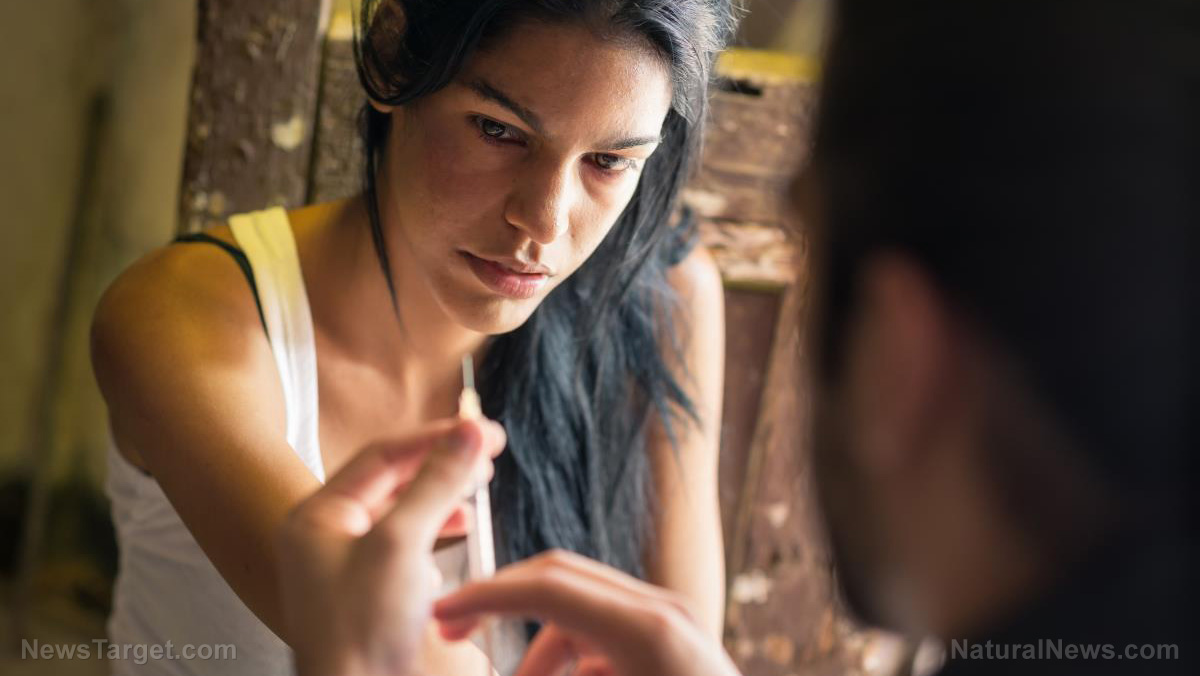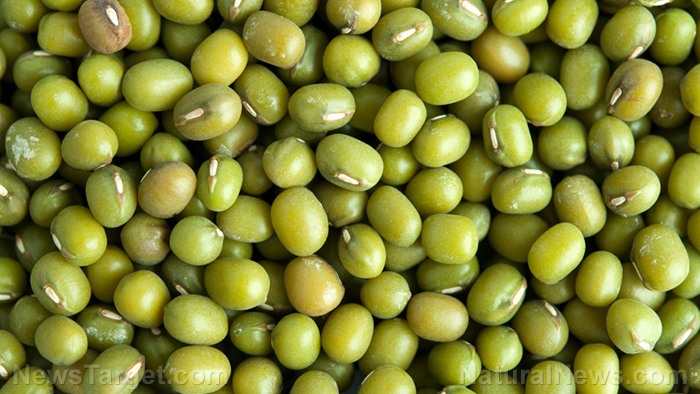Exotic spice saffron found to be safer, more effective than antidepressants
02/27/2019 / By Vicki Batts
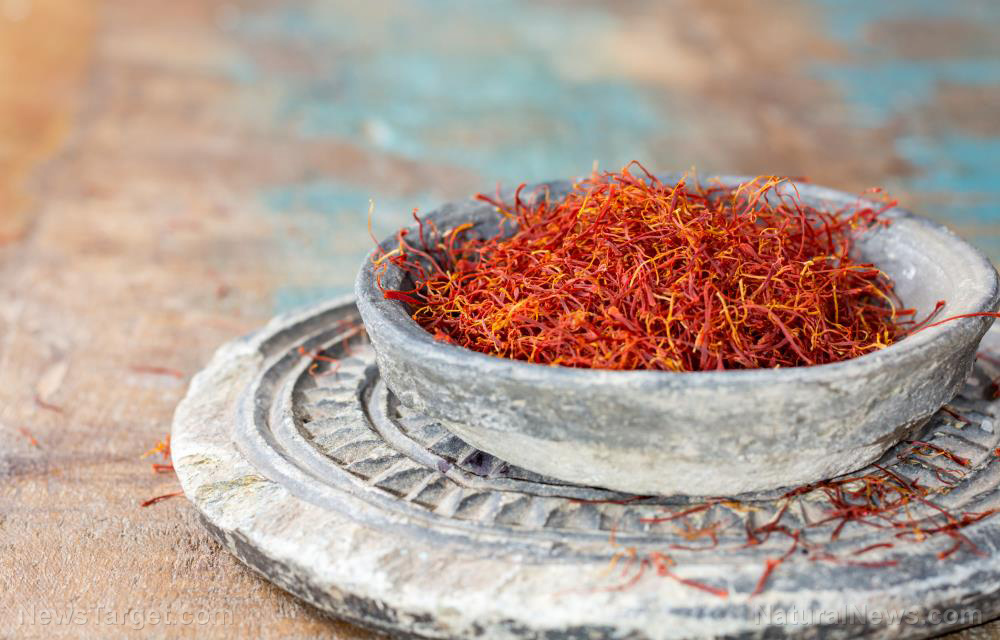
Record numbers of Americans are suffering with depression and anxiety; there is no getting around that. The National Institute of Mental Health estimated that in 2015, over 16 million Americans experienced at least one major depressive episode over the course of the preceding year. By 2020, depression is expected to become the world’s second leading cause of disability.
Along with the growing rates of depression, the use of antidepressant medication has continued to skyrocket. Some 2013 estimates from the CDC reveal that usage of these drugs increased by upwards of 400 percent in just 25 years. Roughly 11 percent of Americans take some form of an antidepressant to treat their condition.
Life Extension reports that estimates suggest that some 90 percent of those taking medication to treat their depression experience varying degrees of adverse effects from their prescriptions. Some of the most common side effects people experience include sleepiness, constipation and sexual dysfunction. Data suggests that 73 percent of people who take antidepressants will experience sexual dysfunction, which can be very disconcerting.
Unsurprisingly, many people search for alternatives to avoid the detrimental effects of conventional pharmaceutical treatments. But, did you ever think that something as simple as a spice could actually help treat depression?
Can saffron help treat depression?
Over the last several years, studies have continued to illuminate the potential use of saffron, an exotic spice, for treating depression.
A review of six separate studies including a total of 230 patients led an Australian research duo to conclude that the evidence indicates saffron is just as effective as antidepressant medications in most cases, but that it had far fewer side effects than the pharmaceuticals. The study was published in the journal Human Psychopharmacology: Clinical and Experimental.
Saffron was even compared to the iconic antidepressant drug, Prozac, along with Tofranil. The study’s lead author, Dr. Adrian Lopresti of the School of Psychology and Exercise Science at Murdoch University, notes, “So far the literature shows saffron is as effective as pharmaceuticals.”
“Saffron has had a number of really well designed, robust studies investigating its antidepressant properties and pretty much all the studies have been positive.”
Lopresti also commented that the side effects of saffron were substantially less severe than those associated with antidepressant drugs, stating that at most, minor digestive issues were experienced by some individuals.
In the study’s abstract, the research team writes that in trials where saffron was compared to placebo, it exhibited a significant therapeutic effect. And, in studies where saffron was compared to traditional antidepressant drugs, it performed with similar efficacy. The team posited that the antidepressant effects of saffron were possibly due to the spice’s serotonergic, antioxidant, anti-inflammatory, neuro-endocrine and neuroprotective effects.
In their conclusion, the researchers wrote, “Research conducted so far provides initial support for the use of saffron for the treatment of mild-to-moderate depression.”
Countless studies have pointed to saffron as a possible natural and alternative treatment for depression. Research indicative of the spice’s antidepressant benefits first began to emerge in 2001, more than 15 years ago.
More recent studies have also shown that saffron can be very useful in the treatment of depression, as well as anxiety. In June of 2016, the Journal of Complementary & Integrative Medicine published a double-blind, randomized, placebo-controlled study that analyzed the potential therapeutic benefit of saffron. Sixty adults with anxiety and/or depression participated in study, each randomly assigned to either take 50 milligrams of saffron twice a day, or a placebo capsule, for a 12-week period.
Beck Depression Inventory (BDI) and Beck Anxiety Inventory (BAI) questionnaires were used at the study’s onset, half-way point and conclusion to assess the effects of the spice. The researchers found that saffron had a “significant effect” on the BDI and BAI scores of the patients compared to those taking the placebo.
In the abstract, for their conclusion the authors simply stated, “Saffron appears to have a significant impact in the treatment of anxiety and depression disorder. Side effects were rare.”
Sources include:
Tagged Under: alternative medicine, Antidepressants, Anxiety, depression, food cures, food is medicine, herbal medicine, Herbs, natural cures, natural medicine, plant medicine, saffron, Spices


